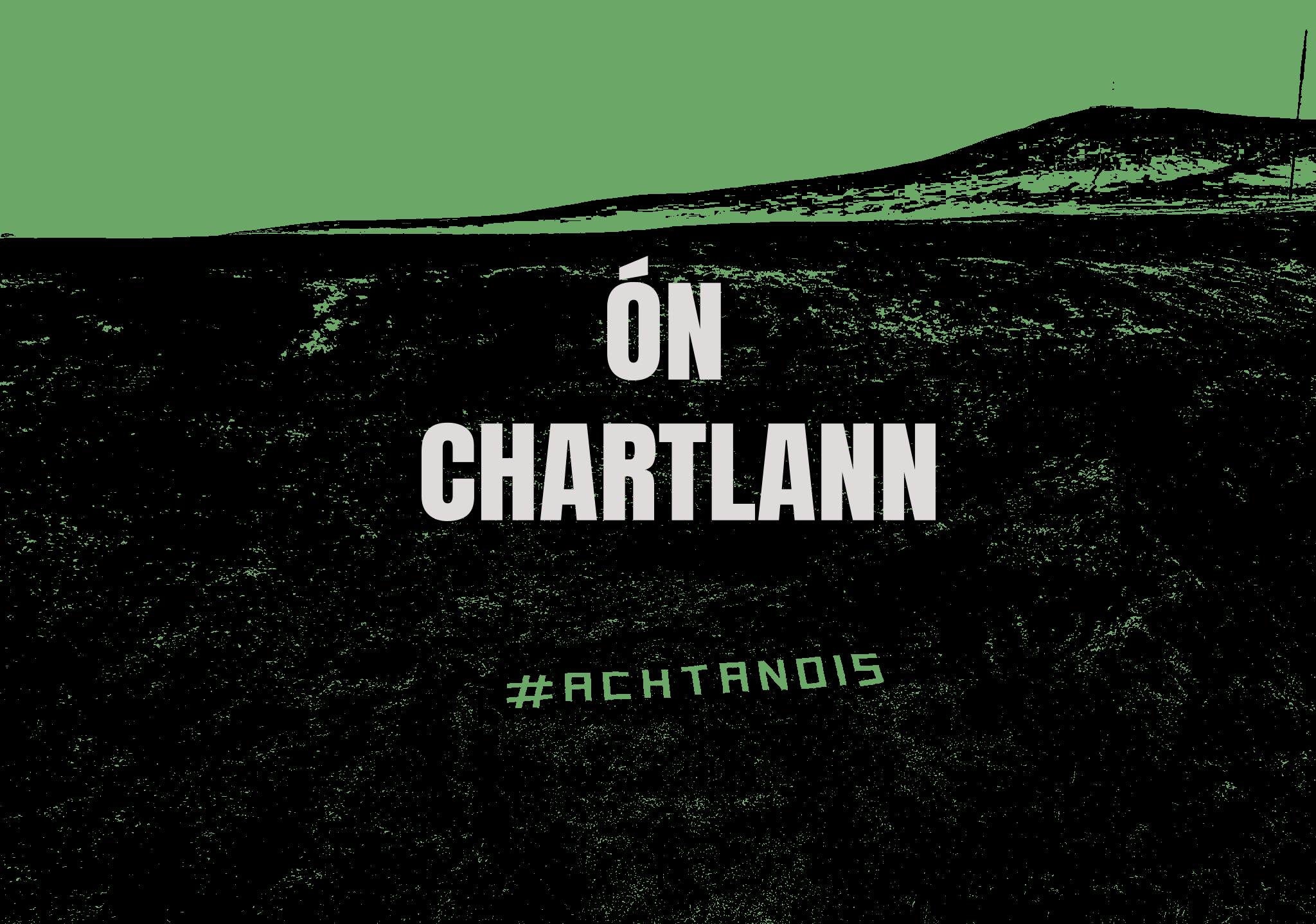An litir dhearg
Bí ar an eolas! Faigh ár nuachtlitir le bheith suas chun dáta leis na feachtais ar fad.

The Northern Ireland Executive has continued to breach a legal obligation to adopt an Irish language strategy, a High Court judge has ruled.
Mr Justice Scoffield granted a further declaration to campaign group Conradh na Gaeilge.
This was due to the executive’s ongoing failure to advance a blueprint.
Despite Northern Ireland’s power-sharing regime collapsing earlier this year, he said any newly formed regime will be expected to fast-track a plan.
The judge said: "The question for the court, however, is simply whether the executive has discharged its obligation to adopt a strategy within a reasonable period of time in all of the circumstances. It has not.
“The executive cannot escape its legal obligation by seeking to blame others. It has the means at its disposal to drive the process forward, if needs be.”
A strategy is a long-term plan to protect and promote the Irish language but is separate to language laws.
Legislation dating from 1998 put a legal duty on the executive to have a strategy for both Irish and Ulster-Scots.
This is the second time Conradh na Gaeilge has gone to court to challenge the executive’s failure to act.
It is also the second time a judge has ruled the executive has breached its legal duty by not doing so.
The Department for Communities has begun work on preparing Irish language and Ulster-Scots strategies.
But they will need to be approved by an executive and we don’t currently have one.
This judgement though puts pressure on the Stormont Executive to put the language strategy high on its agenda - when it returns.
Conradh na Gaeilge has been involved in a long-running legal battle over pledges to progress an initiative for the Irish language dating back to the 2006 St Andrews Agreement.
In 2017, the High Court backed its case that the ongoing failure contravenes the 1998 Northern Ireland Act.
At that stage, another judge declared that the executive was in breach of its legal duty.
New strategies on Irish language and Ulster-Scots were then promised in the New Decade New Approach (NDNA) deal which led to the restoration of power-sharing in January 2020.
But amid an alleged failure to take the necessary steps, Conradh na Gaeilge returned to court in a bid to secure an order compelling the then still functioning Executive to take action.
Counsel for the group claimed the earlier ruling had been deliberately and unlawfully frustrated and ignored.
The court heard Sinn Féin Communities Minister Deirdre Hargey was blocked in 26 attempts to table the strategy for discussion among cabinet colleagues.
It was contended that the NDNA agreement contained a fresh commitment to outline a timetable for Irish language and Ulster-Scots strategies within three months.
Conradh na Gaeilge insisted a judicial order was now necessary.
Lawyers for the executive countered that the fresh legal action was premature.
🚨BUA SAN ARD-CHÚIRT @CnaG🚨
— Conradh na Gaeilge (@CnaG) August 26, 2022
Dearbhaíonn an Breitheamh Scoffield gur "sháraigh" an Feidhmeannas Alt 28D, d'Acht TÉ, & go raibh sin "mídhleathach", nuair a theip orthu Straitéis don Ghaeilge a chur i bhfeidhm. Ba cheart d'Fheidhmeannas nua an Straitéis a shocrú "gan mhoill." pic.twitter.com/eFufFSCazi
During submissions made before power-sharing collapsed in February, Mr Justice Scoffield was also told that work on a strategy was now advancing, with two separate advisory panels appointed by Ms Hargey to provide recommendations.
Although he acknowledged the ramifications of Covid-19, the judge ruled there had been a breach in statutory duty when the legal challenge was mounted.
He declared: “The failure of the Executive Committee of the Northern Ireland Assembly to adopt a strategy setting out how it proposes to enhance and protect the development of the Irish language was, at the time of the commencement of these proceedings (on 27 May 2021), unlawful and in breach of section 28D(1) the Northern Ireland Act 1998.”
Referring to any new executive formed in future, Mr Justice Scoffield added: “The fact that the duty has been unfulfilled for such a lengthy period, resulting in two High Court declarations to that effect, will be a powerful consideration tending towards the need for expedition.”
Outside court, Conradh na Gaeilge’s solicitor, Michael Flanigan, welcomed the verdict.
Mr Flanigan said: “This is a strong warning that any incoming executive will be expected to act expeditiously in relation to the adoption of an Irish language strategy.”
Conchúr Ó Muadaigh, Conradh na Gaeilge’s advocacy manager, claimed the failure to implement an Irish language plan highlighted an ongoing exclusion of his community.
“We firmly believe that this strategy has been politically blocked, frustrated and denied for the best part of two decades - that is simply unacceptable,” he said.
“We expect, as declared in today’s ruling, that a new strategy be adopted expeditiously.”
Mr Ó Muadaigh added: “We will continue to work with the Department for Communities as part of the ongoing co-design process to ensure that a new strategy reflects best-practice and meets the needs of our ever growing community.”
Bí ar an eolas! Faigh ár nuachtlitir le bheith suas chun dáta leis na feachtais ar fad.